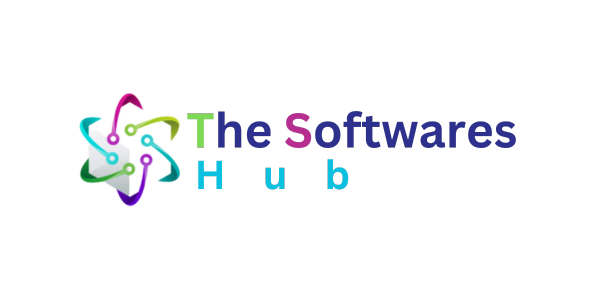Medical Coding vs. Medical Billing: Key Differences and Synergies

Quality and efficiency are of vital importance in an interlocked system and, therefore, a complex web of events that make up the healthcare industry. Two important components of this healthcare machine are medical billing and medical coding. Each plays a distinct but supportive role during the process of ensuring that medical doctors receive fair payments for their services. Outsourcing medical billing and coding can optimize revenue-cycle effectiveness. The differences and complementary aspects of medical billing and coding will be examined in this post.
Medical Coding: The Healthcare Industry’s Language
Standardization of diagnosis, procedure, and services requires effective codes. In order to carry out this, the Current Procedural Terminology (CPT) and the International Classification of Diseases (ICD) code set is mostly applied. Medical coding is a universal language that enhances effective claim processing within healthcare systems, insurance, and governments.
Important Medical Coding Facts
- Code Selection: Medical coders use supplied paperwork from doctors and other related documents as a guide to select the appropriate diagnostic and procedural codes.
- Precision: Code accuracy matters in health care regulations as well as payment for health practitioners.
- Classification: Codes are grouped and sub-grouped to represent the complexity and nature of medical services adequately.
- ICD and CPT Codes: The two main types of codes include ICD or diagnosis codes and CPT or procedure codes.
Medical Billing: Converting Codes into Income
Medical billing is the act of converting medical codes into money, whereas medical coding services serve as the basis for comprehending the services rendered. It entails filing claims for payment for the medical services provided to payers such as insurance companies. Medical billing specialists serve as go-betweens for insurers and healthcare providers, guaranteeing an efficient and prompt payment flow.
Important Medical Billing Facts
- Submission of Claims: Medical billers write and send insurance claims to Medicare, Medicaid, and private insurance companies, among other payers.
- Verification and Follow-Up: Billers confirm that patients have insurance, chase down overdue claims, and resolve any inconsistencies.
- Patient Invoicing: Billers may be in charge of billing patients for their portion of the expenses in addition to filing insurance claims.
- Revenue Cycle Management: Healthcare organizations’ ability to effectively manage their revenue cycle depends on their ability to charge medical services.
The Partnership Between Medical Billing and Coding
Despite having different purposes, medical billing and coding are related and dependent on one another to be successful. Among the main areas of overlap between the two are:
- Accuracy: Proper processing of claims is ensured by accurate medical coding. Billers may submit clean claims with accurate coding, which lowers the likelihood of rejections.
- Efficiency: The revenue cycle is streamlined when coded data is seamlessly transferred from coders to billers, which expedites the payment of medical providers.
- Compliance: To stay compliant, billing and coding must follow payer policies and healthcare laws. The cooperation ensures that regulations are followed.
- Problem Solving: Coders and billers frequently work together to fix coding errors and denied claims. It needs effective communication to recognize problems and take quick action.
Contracting Out to Save Money
In today’s healthcare environment, many healthcare providers opt to outsource medical billing services and medical coding. There are several advantages to outsourcing:
- Expertise: Outsourced providers can be relied upon to provide high levels of accuracy and compliance in medical billing and coding.
- Cost-effective: Outsourcing minimizes labor and administrative costs incurred by internal coding and billing departments.
- Concentrate on Core Activities: Through outsourcing, healthcare providers are able to focus on quality service delivery by concentrating on patient care and the core functions of their operations.
- Scalability: No matter whether a healthcare institution is a big hospital or small clinic, outsourced services can adjust to its variable needs.
Conclusion
Medical billing and medical coding should be considered vital components of the healthcare revenue cycle, each having a particular role and objective. Billing turns these codes into revenue while coding changes health care services into uniform standardized codes. These two processes are mutually dependent to ensure accuracy, effectiveness, consistency, and resolving issues.
Healthcare providers utilize outsourced medical coding services and medical billing services so as to improve their revenue cycles. Therefore, with such companies, healthcare providers could attain scalability, economy, and experience, after which the vital healthcare services would be paid correctly, thus enabling operations to run smoothly.





